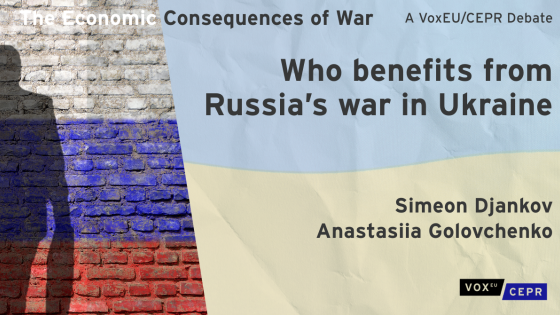DP3855 Opportunistic Political Cycles: Test in a Young Democracy Setting
Despite the fact that theoretical research on opportunistic political cycles is very intuitive and well developed, empirical literature has found fairly weak evidence of opportunistic political cycles. This Paper tests the theory in a decade-old democracy – Russia. We find strong evidence of very short opportunistic political cycles and provide evidence and explanation why many previous attempts to find evidence failed. Using a comprehensive list of Russia's regional elections and regional monthly panel data between 1996 and 2001, we find that: (1) opportunistic political cycles in regional fiscal policies are sizable and short-lived on average; (2) the magnitude of opportunistic cycles decreases with voters' rationality and awareness (measured by urbanization, computerization, education, and freedom of media); (3) there is a learning curve for voters: cycles become smaller with time; (4) cycles in fiscal policies increase political popularity and the re-election chances of incumbent governors. Our results confirm that maturity of democracy as well as rationality and awareness of the electorate are very important factors in determination of the scope for opportunistic cycles.


